Publications
Articles, publications, books, tools and multimedia features from the U.S. Institute of Peace provide the latest news, analysis, research findings, practitioner guides and reports, all related to the conflict zones and issues that are at the center of the Institute’s work to prevent and reduce violent conflict.
Question And Answer
Amid a Changing Global Order, NATO Looks East

Plan for Gaza’s Future Highlights the Challenges That Lie Ahead
The document that Israeli Prime Minister Benjamin Netanyahu presented to his security cabinet for discussion on February 22 may be his first formal articulation of a postwar plan for Gaza, but is largely a compilation of views that have been expressed publicly over the past few months. Accordingly, it offers few surprises, but could deepen tensions between Israel on one side and the United States and regional stakeholders on the other.
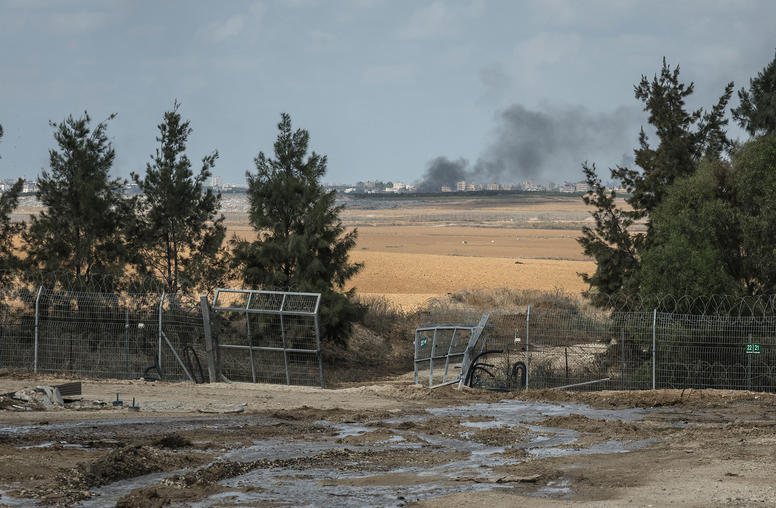
What’s Next After Hamas’ Attack on Israel?
A week after Hamas’ heinous attack in southern Israel, the grim reality of a protracted war has set in. As of this writing, 1,300 Israelis, mostly civilians, have been killed and Israeli officials believe as many as 150 hostages have been taken by Hamas. U.S. officials have said that 27 U.S. citizens were also killed. As Israel intensifies its operations in the Gaza Strip, 2,000 Palestinians have been killed. There are thousands of wounded on both sides. With Israel calling up 360,000 reservists, a cessation of hostilities seems a distant prospect.
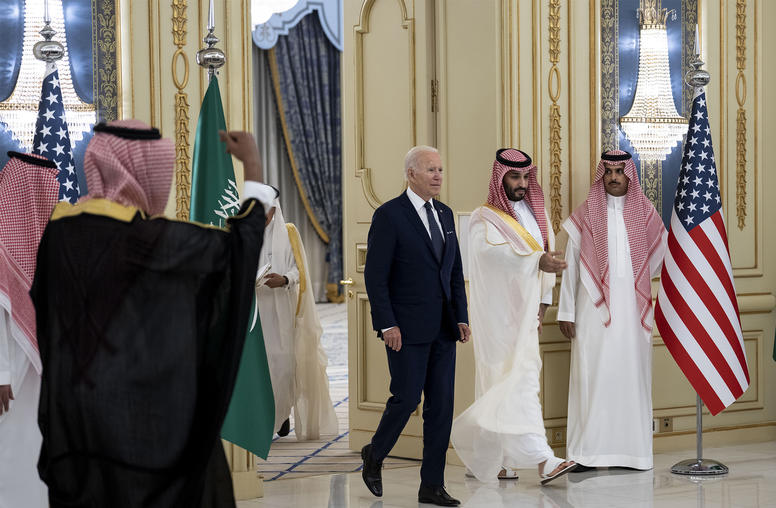
Is a Saudi-Israel Normalization Agreement on the Horizon?
In recent months, a drumbeat has built around the U.S. effort to negotiate a normalization agreement between Israel and Saudi Arabia. The deal would be a tectonic shift in Middle East geopolitics, but also carries major implications for other actors beyond the three negotiating parties. Israel would, of course, benefit from normalized relations with the Saudis — long seen as the “holy grail” of potential normalization agreements for the country. The Saudis, in turn, would see their interests advanced through strengthened U.S partnership in key areas. But this deal could also have serious implications for the future of the Palestinian national movement and, further afield, for the role of China in the Middle East.
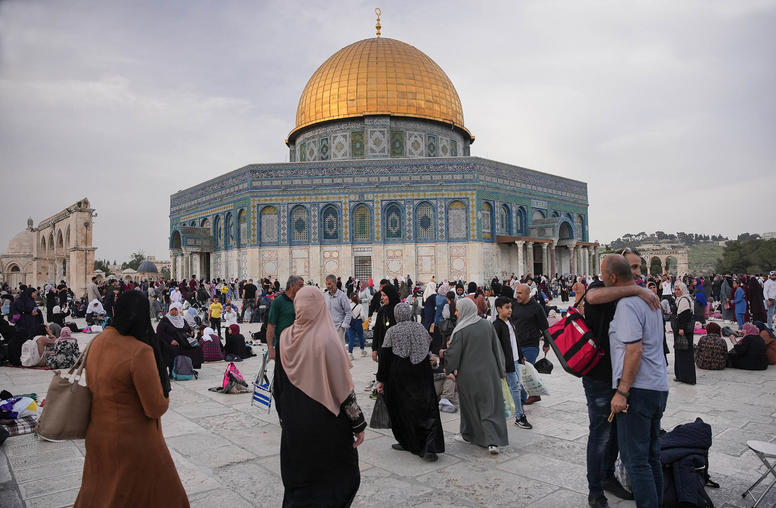
Regional Actors Seek to Douse Flames Fueled by Jerusalem Tensions
The saying that history doesn’t repeat, but rhymes is no truer than in Jerusalem. Two years have yet to pass since the large-scale escalation that took root in the city morphed into deadly violence between Arab and Jewish citizens of Israel and an Israel-Hamas military escalation that claimed the lives of over 200 Palestinians and 12 Israelis. Now, once again, events in and around Al-Aqsa Mosque during Ramadan have become proximate cause for a cascading series of violent events that have victimized Palestinians and Israelis, and opened another chapter of contested narratives and mutual recriminations.
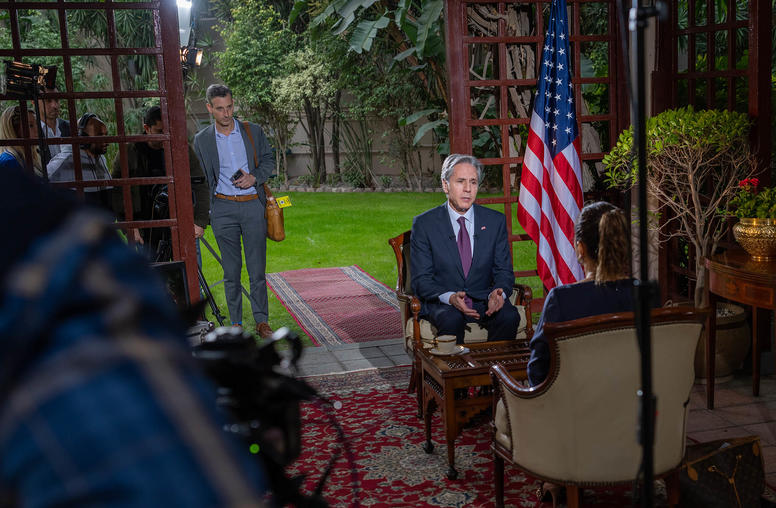
Takeaways from Blinken’s Trip to the Middle East
The Middle East has not been a high priority for the Biden administration thus far, with issues such as Russia’s war in Ukraine and escalating tensions with China taking precedence. However, recent developments in the region are catching the administration’s attention, and Secretary of State Antony Blinken’s visit to Egypt, Israel and the West Bank earlier this week sought to reaffirm U.S. engagement in the Middle East amid political turnover in Israel, spiraling violence in the Israeli-Palestinian arena, stepped-up Iran-Israel tensions and a deepening economic crisis in Egypt.

What Does Israel’s New Government Mean for the Israeli-Palestinian Conflict?
As 2022 came to a close, Benjamin Netanyahu once again took the helm of Israel’s government just 18 months after losing power in the wake of a series of stalemated elections. Already Israel’s longest-serving prime minister, Netanyahu’s approach to foreign policy, and to the conflict with and occupation of the Palestinians, is to some extent a known quantity. However, with his comeback and governing coalition dependent on the support and partnership of once-fringe extremist parties and politicians, 2023 holds the potential for conflict-driving disruption. USIP’s Lucy Kurtzer-Ellenbogen discusses the possible implications of Israel’s new government for the Israeli-Palestinian conflict and for Israel’s regional and foreign relations.
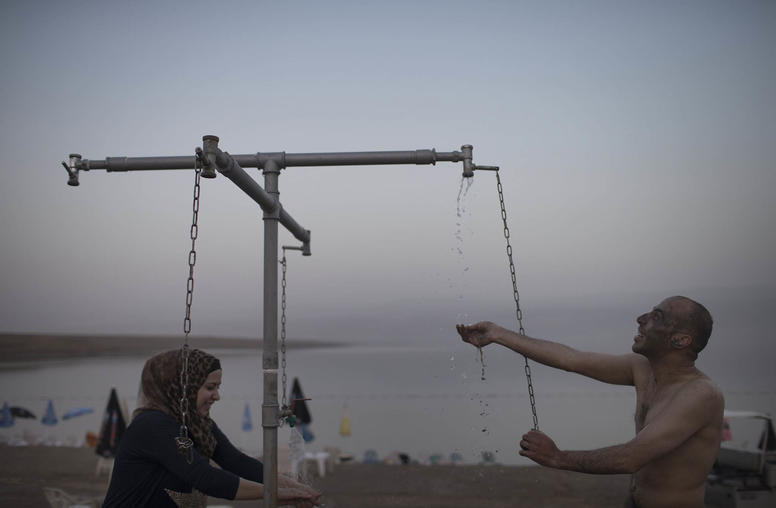
Water Can Be a Rare Win-Win for Israelis, Palestinians and the Region
From Israel’s turbulent electoral politics and Palestinian political dysfunction to the cycle of intercommunal violence in the West Bank and the humanitarian catastrophe in Gaza, it’s rare for much good news to come out of the Israeli-Palestinian context these days. But this June, a hopeful story emerged from the impoverished Gaza Strip when its Mediterranean beaches were deemed safe for swimming for the first time in decades.

Lucy Kurtzer-Ellenbogen on Israel’s Election
A coalition involving several extreme right-wing parties has Benjamin Netanyahu poised to return as Israel’s prime minister. “In some sense he owes them a debt,” says USIP’s Lucy Kurtzer-Ellenbogen. “What is the cost being extracted by these right-wing parties” as the government formation process begins?
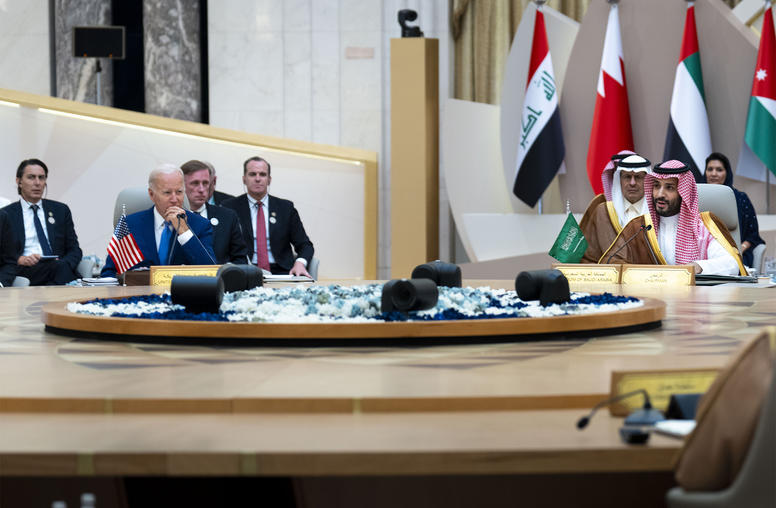
Five Takeaways from Biden’s Visit to the Middle East
President Biden made his first trip to the Middle East last week, visiting Israel and Saudi Arabia. While the trip yielded little in the way of flashy announcements — like new normalization agreements or Saudi Arabia boosting oil production — it did demonstrate that the United States remains focused on enhancing the region’s security architecture, particularly to counter Iran. Still, there were some notable developments, like a U.S.-Saudi agreement to build 5G and 6G telecommunications networks and Riyadh opening airspace to Israeli flights. On the Israeli-Palestinian front, the president affirmed Washington’s long-standing commitment to Israel and said that now was not the time to reengage on peace talks with the Palestinians.
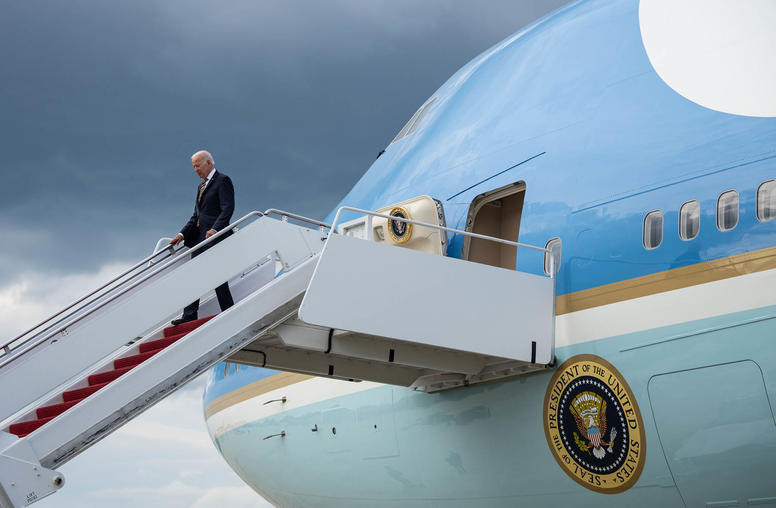
Biden’s Trip, and Ukraine’s War, Could Boost the Abraham Accords
President Biden’s Middle Eastern diplomatic mission this week contrasts with news reports and public discussion in the past year suggesting that the region has become a lesser priority for U.S. foreign and security policy. Biden’s visits to Saudi Arabia, Israel and the Palestinian West Bank territory build on a reality that Middle Eastern states have been knitting new relations, notably via the 2020 Abraham Accords. They are doing so in ways that Biden’s visit, and overall U.S. diplomacy, can advance.